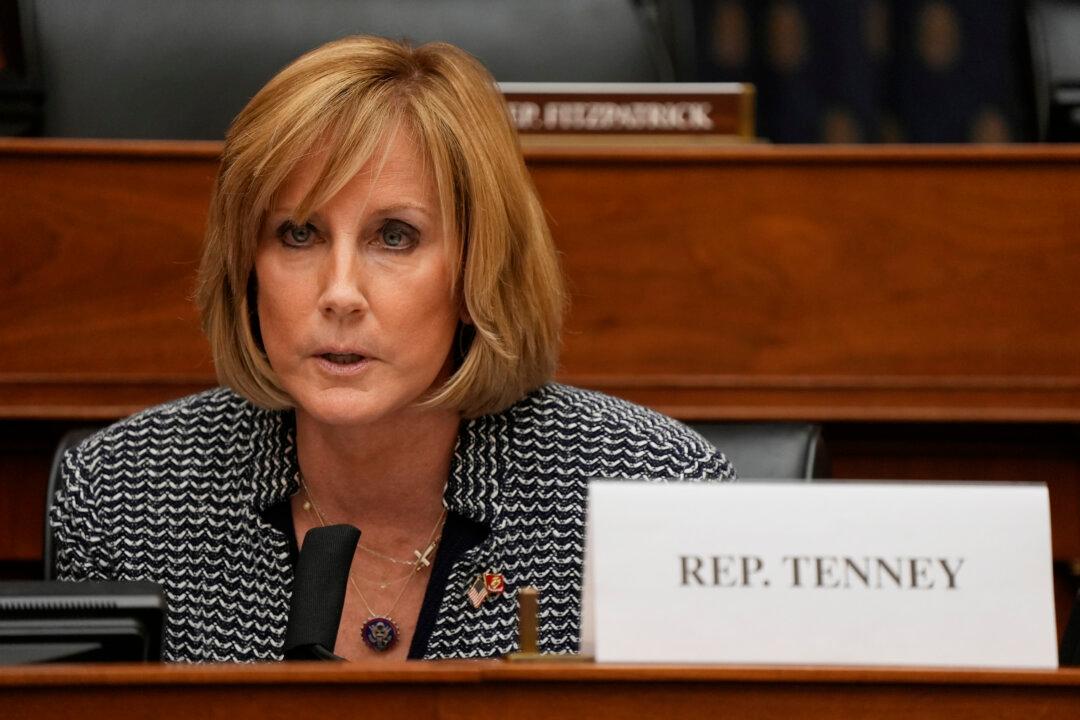Firms included on trade violation or sanctions lists would be prohibited from receiving U.S. tax dollars through direct government contracts or with third parties, under legislation proposed in Congress by Rep. Claudia Tenney (R-N.Y.) and Sen. Marco Rubio (R-Fla.).
“The American people’s tax dollars should not be invested in blacklisted Chinese companies. Yet today, because of weak policies in Washington, they continue to be. It’s time we cut off the tap,” Tenney said in a July 20 joint statement with Rubio.





